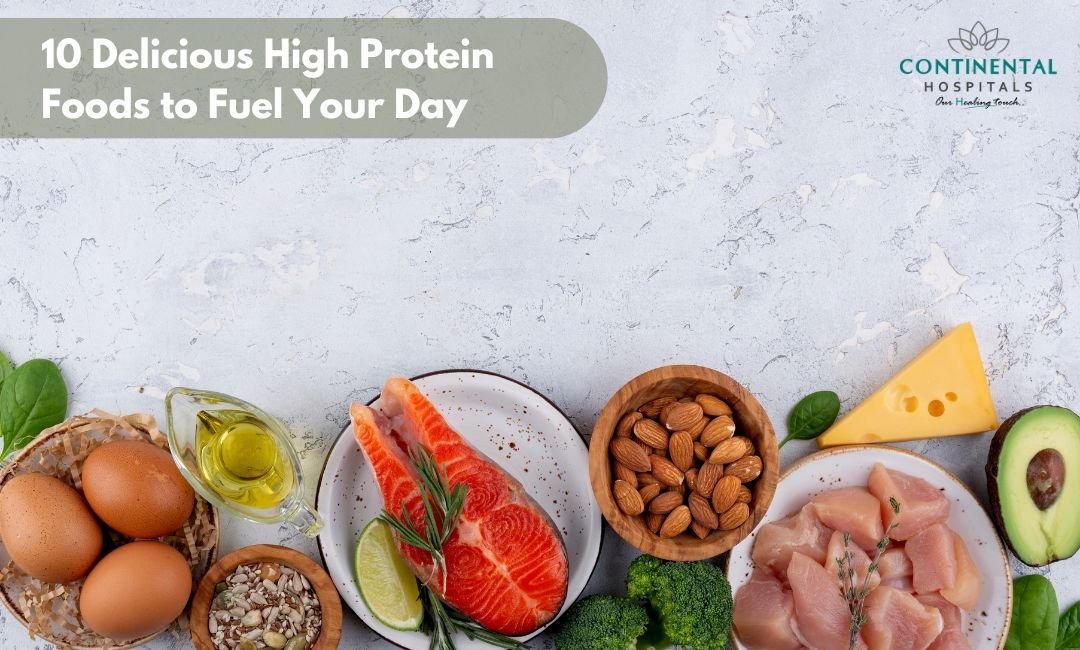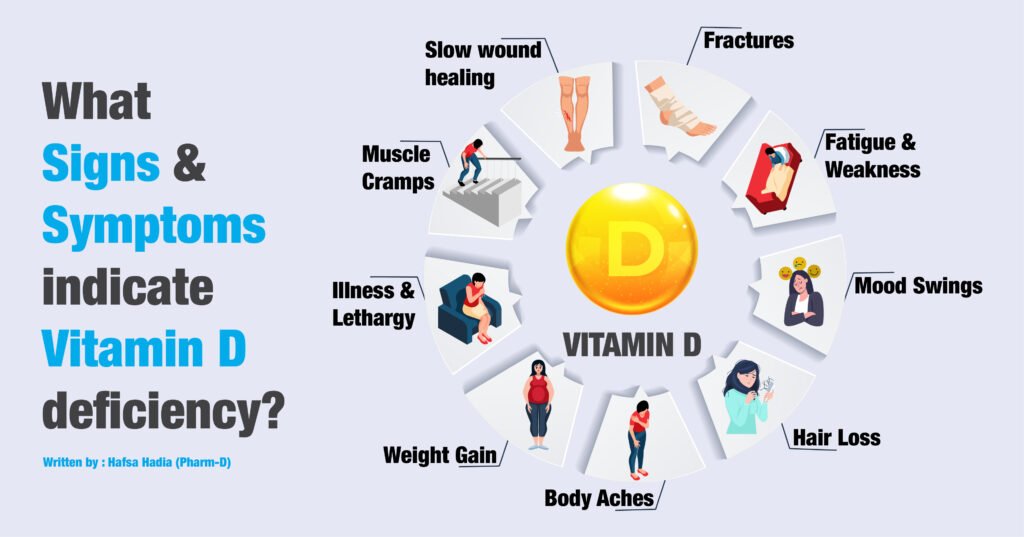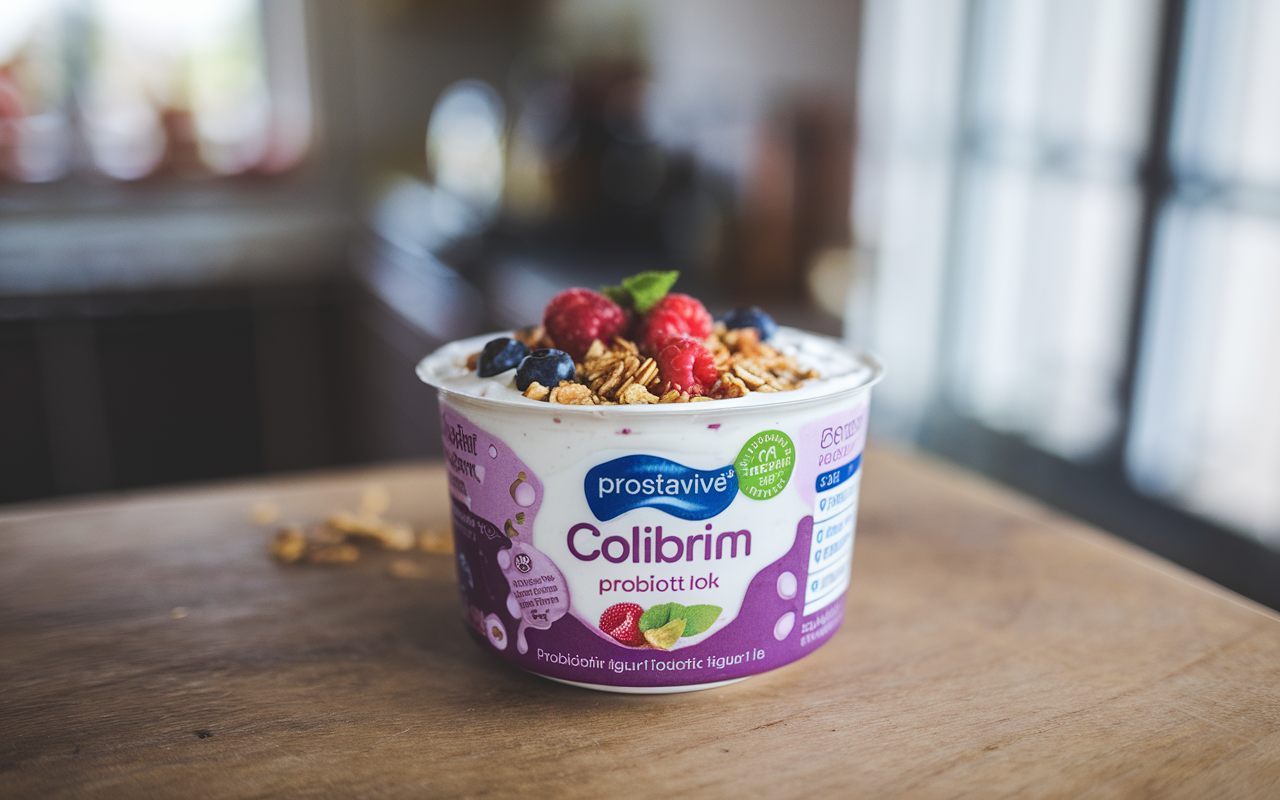In today’s health-conscious world, protein has become a buzzword — and for good reason. Whether you’re aiming to build muscle, lose weight, or simply maintain a balanced diet, high protein foods play a vital role. But what exactly makes protein so important, and what are the best high protein foods to include in your diet?
Why Protein Matters
Protein is one of the three macronutrients your body needs to function properly, alongside fats and carbohydrates. It’s made up of amino acids, which are the building blocks of cells, tissues, enzymes, and hormones. Protein helps repair muscle, boost metabolism, support immune function, and keep you full longer — making it essential not just for athletes but for everyone.
How Much Protein Do You Need?
The Recommended Dietary Allowance (RDA) for protein is about 0.8 grams per kilogram of body weight for the average sedentary adult. However, that number can go up depending on your lifestyle. If you’re physically active, pregnant, trying to lose weight, or aiming to gain muscle, your needs may increase to 1.2–2.0 grams per kilogram.
Best High Protein Foods
Let’s dive into some of the best sources of high protein, both animal- and plant-based, so you can make informed decisions that fit your diet and lifestyle.
1. Chicken Breast
One of the most popular lean protein sources, chicken breast packs around 26 grams of protein per 3-ounce serving. It’s low in fat, versatile in cooking, and affordable, making it a staple in many fitness meal plans.
Pro Tip: Grilled, baked, or shredded — chicken works in salads, wraps, and stir-fries.
2. Eggs
Often called a nutritional powerhouse, eggs contain about 6 grams of protein each, along with essential nutrients like vitamin B12, choline, and selenium. The protein is split between the white and the yolk, so don’t skip the yolk unless necessary.
Pro Tip: Hard-boiled eggs make a perfect snack or breakfast addition.
3. Greek Yogurt
Creamy, tangy, and rich in protein, Greek yogurt has nearly 17–20 grams of protein per 6-ounce serving. It also delivers probiotics for gut health and calcium for strong bones.
Pro Tip: Use it in smoothies, as a base for dips, or topped with fruit and nuts.
4. Lentils
For those following a plant-based diet, lentils are a fantastic high protein option, boasting 18 grams of protein per cooked cup. They’re also high in fiber, iron, and complex carbs.
Pro Tip: Add them to soups, salads, or serve as a hearty side dish.
5. Cottage Cheese
This underrated dairy product is rich in casein, a slow-digesting protein. One cup of low-fat cottage cheese can provide up to 28 grams of protein.
Pro Tip: Great as a snack with fruit or as a savory side with tomatoes and herbs.
6. Tofu and Tempeh
Made from soybeans, tofu (about 10 grams of protein per ½ cup) and tempeh (around 15 grams per ½ cup) are popular meat alternatives. Tempeh also contains probiotics due to the fermentation process.
Pro Tip: Tofu absorbs flavors well — marinate and stir-fry it, or bake it for a crispy texture.
7. Fish and Seafood
Fish like salmon, tuna, and cod are high in protein (around 20–25 grams per 3-ounce serving) and packed with heart-healthy omega-3 fatty acids. Shellfish like shrimp and scallops also offer impressive protein levels.
Pro Tip: Grill or bake fish for a nutrient-dense meal that’s low in calories but rich in flavor.
8. Quinoa
Unlike most plant foods, quinoa is a complete protein, meaning it contains all nine essential amino acids. It provides 8 grams of protein per cooked cup, along with fiber, magnesium, and antioxidants.
Pro Tip: Use it as a base for grain bowls or salads, or in place of rice.
9. Beef and Other Lean Meats
Lean cuts of beef like sirloin can offer up to 22 grams of protein per 3-ounce serving, along with iron and vitamin B12. Just watch the fat content — opt for lean cuts to keep things heart-healthy.
Pro Tip: Ground beef can be used in tacos, meatballs, and casseroles for an easy protein boost.
10. Protein Powders
When you’re on the go or need a quick fix, protein powders made from whey, casein, soy, or pea protein can help you meet your daily intake. A typical scoop offers 20–25 grams of protein.
Pro Tip: Blend into smoothies or mix with oats, yogurt, or nut butters.
Benefits of a High Protein Diet

Adding more protein-rich foods to your diet can have several benefits:
- Supports muscle growth and repair
- Helps with weight management by keeping you full longer
- Boosts metabolism and increases calorie burn
- Stabilizes blood sugar levels
- Improves skin, hair, and nail health
Final Thoughts
No matter your dietary preferences — whether you’re vegan, vegetarian, or omnivore — there are high protein foods to fit your lifestyle. From animal-based options like chicken, eggs, and fish to plant-based powerhouses like lentils, tofu, and quinoa, it’s easier than ever to meet your protein needs without sacrificing taste or variety.
Start small by incorporating more protein into each meal, and you’ll likely notice improvements in energy, satiety, and overall health. Protein isn’t just for bodybuilders — it’s a key ingredient in living your healthiest life.




